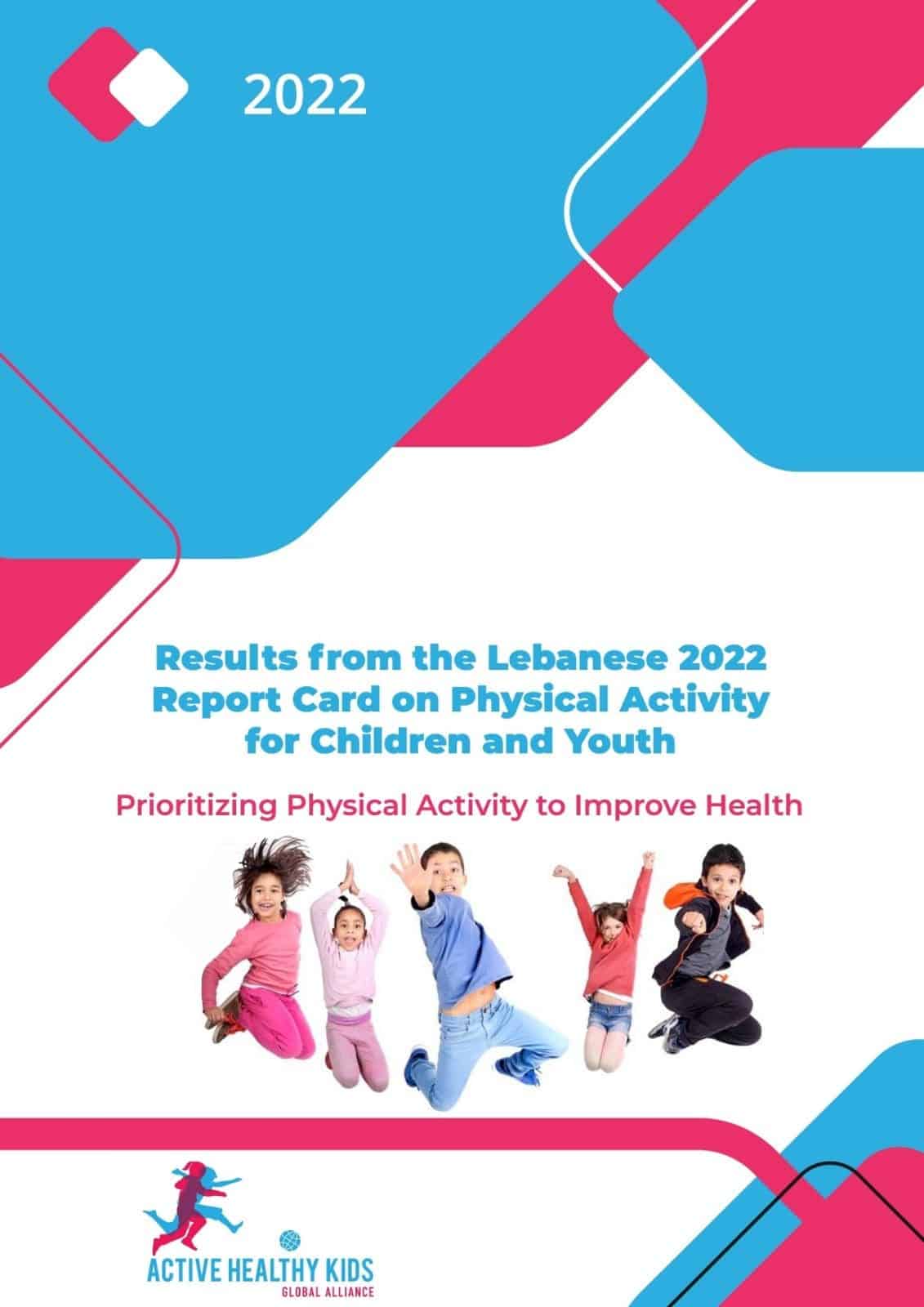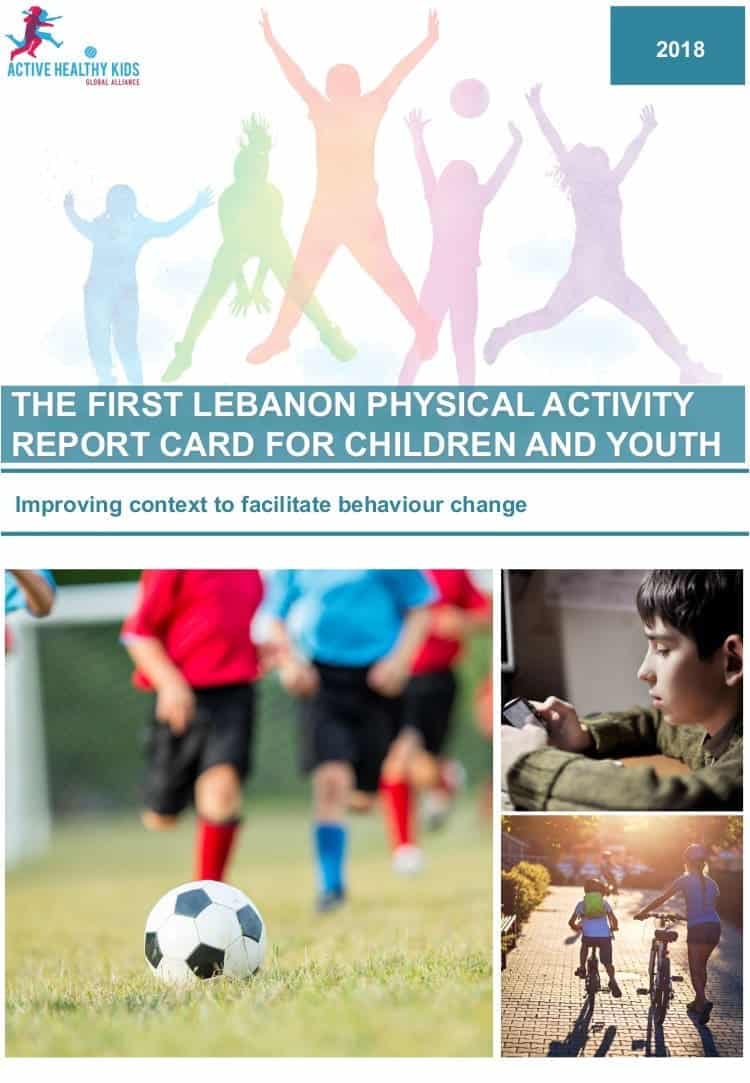Conference Abstract: Movement to Move
Title:
Results from the First Lebanon’s Physical Activity Report Card for Children and Youth (2018)
Authors:
Patrick Abi Nader1,2, Lina Majed3, Suzan Sayegh4, Ruba Hadla5, Cécile Borgi6, Zeina Hawa7, Lama Mattar5, Elie-Jacques Fares6, Marie Claire Chamieh6, Carla Habib Mourad6, Mathieu Bélanger1,8,9
1Centre de formation médicale du Nouveau-Brunswick, Moncton, New-Brunswick
2Centre de Recherche du Centre Hospitalier de l’Université de Montréal, Montréal, Québec
3Sport Science Program, College of Arts and Sciences, Qatar University, Doha, Qatar
4Exercise is Medicine Department, Aspetar Orthopaedic and Sports Medicine Hospital, Doha, Qatar
5Nutrition Program, Department of Natural Sciences, School of Arts and Sciences, Lebanese American University, Beirut, Lebanon
6 Department of Nutrition and Food Sciences, American University of Beirut, Beirut, Lebanon
7The Chain Effect, Beirut, Lebanon
8Department of Family Medicine, Université de Sherbrooke, Sherbrooke, Canada
9Office of research services, Vitalité Health Network, Moncton, Canada
Introduction
Evidence on physical activity (PA) indicators for children and youth at a national level is necessary to improve multi-level support for PA behaviors. This led to the development of Lebanon’s first Physical Activity Report Card for children and youth (2018).
Methods
A comprehensive literature review was conducted on peer-reviewed literature, national surveys, and gray literature (e.g. government reports). The search strategy was developed to identify all publications that discussed any of the following 10 PA indicators: overall PA, organized sport and PA, active play, sedentary behaviors, family and peers, school, community and environment, government, and physical fitness. Data were extracted from relevant literature with nationally representative samples. Then the Research Work Group assigned a grade for each indicator using a standard rubric.
Results
Only 6 indicators had sufficient data for grading (Table 1). Government indicator received the highest grade reflecting the efforts of four Lebanese institutions in creating a policy brief that prioritizes PA promotion at schools. Organized sport indicator received the lowest grade reflecting low (<20%) sports participation rates.
Table 1. Grades for Physical Activity Indicators
| Indicator |
Grade |
| Overall Physical Activity |
D |
| Organized Sport |
F |
| Active Play |
INC |
| Active Transportation |
D |
| Sedentary Behaviors |
C- |
| Family and Peers |
INC |
| School |
D |
| Community and Environment |
INC |
| Government |
C+ |
| Physical Fitness |
INC |
Conclusion
Majority of Lebanese children and youth fail to meet the PA guidelines. Although in the right direction, ongoing efforts for the development and implementation of national policies prioritizing PA opportunities at schools may be insufficient to tackle low grades on all PA indicators. Future research should seek to assess indicators with insufficient data, and national PA promotion interventions should aim to improve current report card grades.








